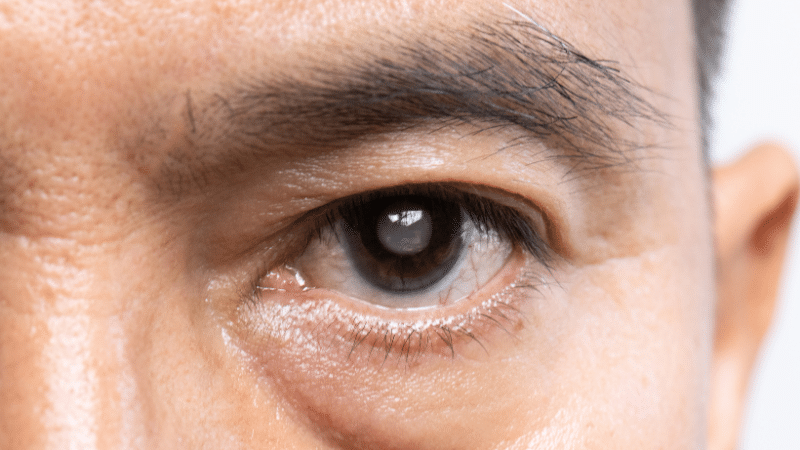Night Blindness
Night Blindness Cataract Specialist in Georgia

Night Blindness and Cataract Treatment at Georgia Vision Institute
One of the earliest symptoms of cataracts is difficulty seeing clearly at night. Known as night blindness, this condition can make driving after dark, navigating dimly lit areas, and adjusting to low-light environments increasingly challenging. At Georgia Vision Institute, we specialize in diagnosing and treating cataracts that contribute to night blindness, helping patients restore their clarity of vision and confidence in everyday life.
How Cataracts Lead to Night Blindness
Cataracts develop gradually as the eye’s natural lens becomes cloudy, preventing light from focusing correctly on the retina. This clouding blurs daytime vision and significantly affects how well the eye functions in the dark. As cataracts progress, the lens scatters incoming light, causing glare, halos, and reduced contrast sensitivity, making it difficult to distinguish objects, especially in low-light conditions.
Night blindness caused by cataracts is often one of the first symptoms patients notice. Driving is harder at night, especially when facing headlights or streetlights. Many describe feeling as though their night vision is fading, even when their daytime vision still seems manageable. This decline results from the lens no longer being able to transmit light evenly or effectively in dim conditions.

Recognizing the Symptoms of Cataract-Related Night Blindness
Patients affected by cataract-related night blindness often report increasing discomfort during evening or nighttime activities. Every day experiences include needing brighter lights to read or see indoors, struggling with glare from headlights while driving, or feeling disoriented when moving from well-lit areas to darker ones. This progressive decline can make nighttime driving unsafe and limit independence and mobility.
Unlike general night blindness, which other eye or health conditions can cause, cataract-related night blindness is directly linked to changes in the lens. As the cataract thickens or darkens over time, light transmission becomes even more impaired, worsening symptoms.
Treating Night Blindness Caused by Cataracts
Fortunately, cataract-related night blindness can be effectively treated through cataract surgery. This outpatient procedure involves removing and replacing the clouded natural lens with a clear, artificial intraocular lens (IOL). Many patients report immediate improvement in daytime and nighttime vision following surgery, with reduced glare and a renewed ability to see clearly in low-light environments.
At Georgia Vision Institute, our cataract specialists utilize advanced diagnostic tools to evaluate the severity of your cataracts and develop the most effective treatment plan. If your night vision affects your quality of life, cataract surgery may provide the solution you need to restore clarity and safety.
Our team recognizes that each patient’s vision needs are unique. Therefore, we take the time to conduct personalized consultations and explain the various intraocular lens (IOL) options available. We aim to ensure that you feel confident in your treatment plan.

Don’t Wait to Address Night Vision Problems
If you’ve noticed increasing difficulty seeing at night, especially while driving or performing daily tasks, it may be time to evaluate your eyes for cataracts. Early intervention can prevent further decline and improve your overall visual function.
Schedule a consultation at Georgia Vision Institute today to discover if cataracts affect your night vision and explore your options for lasting relief through expert cataract care.